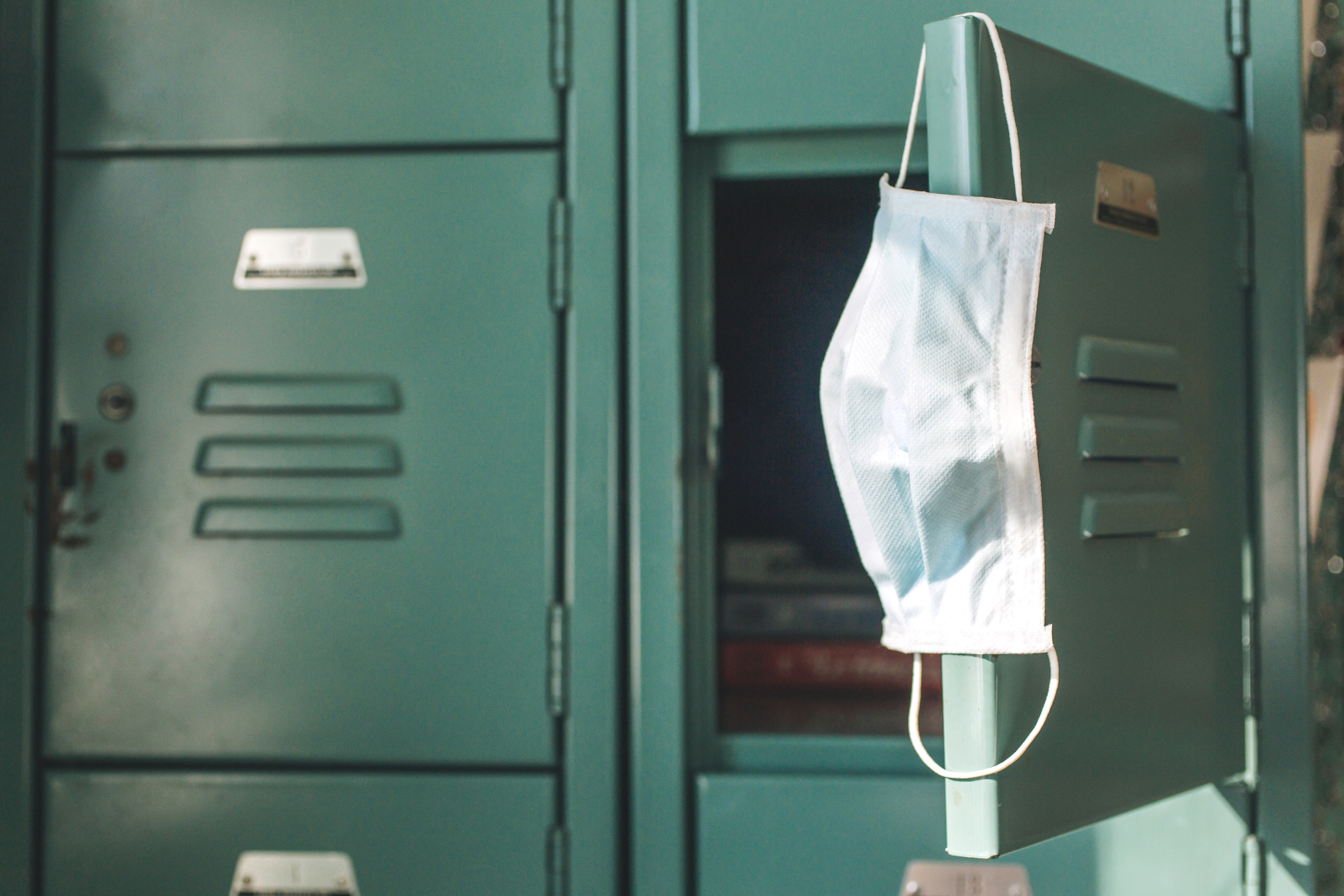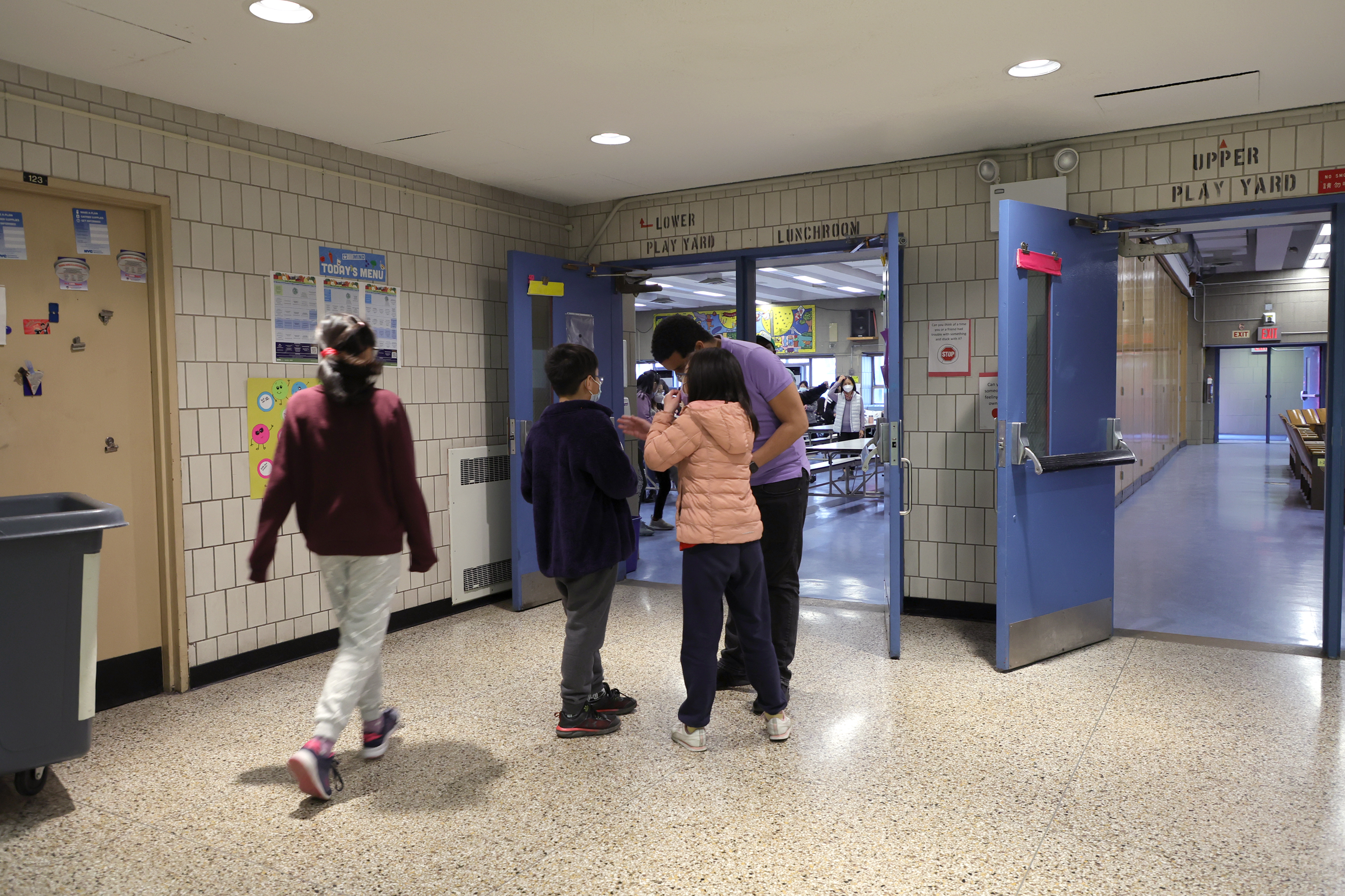The largest school district in the U.S. is relaxing some of its COVID-19 protocols, as roughly a million students prepare to return to the classroom in just a few short weeks,
The NYC Department of Education released its COVID policies for the coming year on Tuesday, and while they are similar to the rules in the spring, some big things will change.
For the 2022-2023 school year, students will no longer undergo random PCR testing in school. Instead, they will only get take-home tests, a total of four per month.
Get Tri-state area news delivered to your inbox.> Sign up for NBC New York's News Headlines newsletter.
"They are giving the test, so you taking them home so you can do on your own. I think it’s even better," said parent Roueu Bally.
Daily health screeners are also no longer required to enter buildings. Masks are encouraged, but only mandatory for children who’ve been exposed, who are returning to school after being infected with COVID, or who are showing symptoms at school.
Quarantine is also not necessary for children who’ve been exposed, but test negative.
The vaccination rules are staying the same for the upcoming school year: Not mandatory for children unless they want to participate in extra-curricular activities after school. Vaccination is mandatory for all employees and adult visitors entering school buildings.
Parents, students and teachers all seemed split on the protocols, as some seemed to agree with the less stringent measures, but others said it is a risky choice.
"I feel like they’re being really irresponsible about it, especially knowing the amount of deaths that we had due to COVID," said 15-year-old Evangelee Medina.
Her parent, Angel Medina, tended to agree, saying "if someone’s still sick, you could get whatever they have. And not just COVID, but now this new thing called the monkeypox. It’s very frightening, you could say.”
Teacher Celia Walker said that she has some reservations about the policy, saying both she and her students got sick in the past — and thinks they all got it from school. But 12-year-old Rama Diallo still believed the new measures are a "good way to get back to normal."



